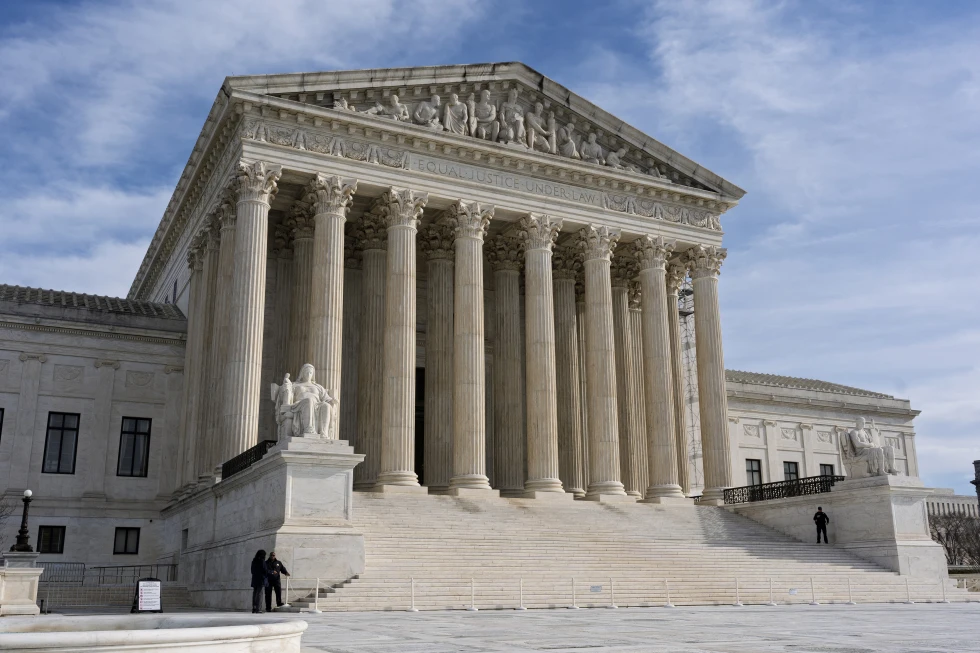In a case heard on Monday, the Supreme Court appeared inclined to maintain a crucial component of the Affordable Care Act pertaining to preventative care.
Arguments that the Obamacare procedure for determining which treatments must be completely covered by private insurance is unlawful seemed to be met with skepticism from the three liberal justices, as well as from conservatives Brett Kavanaugh and Amy Coney Barrett.
About 150 million Americans are required by law to obtain health insurance that includes preventative care, and this lawsuit might significantly impact those requirements. Statins for cardiovascular disease prevention, lung cancer tests, HIV prevention medications, and breast cancer medicine for high-risk women are all examples of medications and services that might be impacted.
The plaintiffs contended that the recommendations of a volunteer board of medical experts, who were not subject to Senate approval, render the coverage requirements of such drugs and services illegal. Opponents of the regulations have also brought up concerns related to religion and procedure.
Despite Trump’s criticism of the legislation, the Trump administration argued in favor of the mandate in court. The Justice Department stated that the health and human services secretary has the authority to dismiss board members, hence their removal does not need Senate consent.
It appeared like the court was leaning toward siding with the administration. Kavanaugh argued that the statute did not provide the board with the type of autonomy that would necessitate Senate approval, while Barrett cast doubt on the plaintiff’s seemingly “maximalist” understanding of the board’s function.
“We don’t randomly establish new agencies. In past rulings, the court “more often than not destroys independent agencies,” Justice Elena Kagan said.
There was a good chance that the plaintiffs would win on the opinion of Justices Alito and Thomas. Some even speculated that the conservative 5th Circuit Court of Appeals in the United States may be asked to take another look at the case. Regarding which drugs and services are still covered, that would probably not resolve any issues.
By June’s end, a decision is anticipated.
Following the appeals court’s rejection of some mandates pertaining to preventative health coverage, the matter was presented to the Supreme Court for review. Full insurance coverage for HIV prevention drugs and some cancer screenings cannot be mandated, it said, siding with Christian companies and Texans.
Jonathan Mitchell, a prominent conservative attorney who defended Trump in a case involving his eligibility to be on the 2024 ballot, was their counsel.
The decision did not impose a blanket ban on preventative care. Nonprofit organization KFF determined in its 2023 research that some tests, such as cervical cancer screening and mammography, will still be covered without out-of-pocket expenditures.
Insurance mandates were deemed illegal by the appeals court on the grounds that they originated from the United States Preventive Services Task Force, an entity whose members were not subject to presidential nomination and Senate confirmation.









